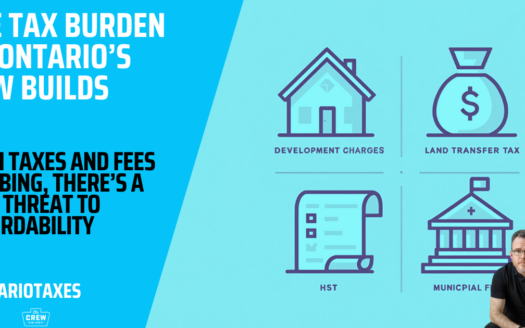Self-Represented Party (SRP) in Ontario Real Estate
Unraveling the Transition: Farewell to ‘Customer’ and Hello to ‘Self-Represented Party’
In the ever-evolving landscape of real estate regulations, a notable shift is taking place under the new TRESA regulations (in effect Dec 1st 2023). The government of Ontario have implemented these new rules and part of which includes the decision to streamline the terminology, bidding adieu to ‘customer’ and ushering in a new era of clarity with two simplified terms – ‘client’ and ‘self-represented party’ (SRP). But what’s the rationale behind this change, and how does it benefit the real estate consumers?
Why the Switch? Understanding the Government’s Move
The government’s decision to introduce the ‘self-represented party’ designation aims to eliminate the confusion surrounding the terms ‘client’ and ‘customer.’ But why is this shift deemed better for consumers?
Navigating Interactions: When an Self-Represented Party Meets a REALTOR®
In the realm of real estate interactions, there are instances where an SRP might engage with a REALTOR® without triggering an implied agreement. Let’s explore these scenarios:
1. General Information Exchange
An SRP can receive general information related to the business of trading and real estate, such as market statistics. It’s an information exchange without establishing a formal client relationship.
2. Limited Assistance
A REALTOR® may assist an SRP in specific ways, like showing a property listed by a seller the REALTOR® represents. However, it’s crucial to note that this assistance doesn’t entail a duty of care. If the SRP decides to make a purchase, the REALTOR® can guide through the paperwork but cannot provide advice.
Engaging with an Self-Represented Party: The Code of Ethics and Prohibited Services
Per Section 10 of the Code of Ethics, REALTORS® are prohibited from providing services, opinions, or advice to an SRP. However, there’s room for assistance under certain conditions:
- The SRP has received the mandatory RECO information guide.
- The SRP has signed the acknowledgment form prepared by RECO.
- It’s the responsibility of the REALTOR representing the brokerage to explain these documents to the SRP.
Decoding the SRP Acknowledgement Form: A Critical Step
The SRP Acknowledgement Form plays a pivotal role in establishing clarity.
What is the SRP Acknowledgement Form?
This disclosure outlines that the brokerage will be representing a client in the trade. For instance, if an SRP is the buyer for a client’s listing, the form discloses this relationship.
Executing the Form: Steps and Significance
The form details the risks that may arise post-assistance and the permissible types of assistance. It recommends seeking professional advice from another brokerage or lawyer, requiring the SRP’s signature. Once executed, REALTORS® must provide a copy to the SRP.


Way cool! Some extremely valid points! I appreciate you penning this write-up and also the rest of the site
is also very good.
Thank you! I appreciate that 🙂